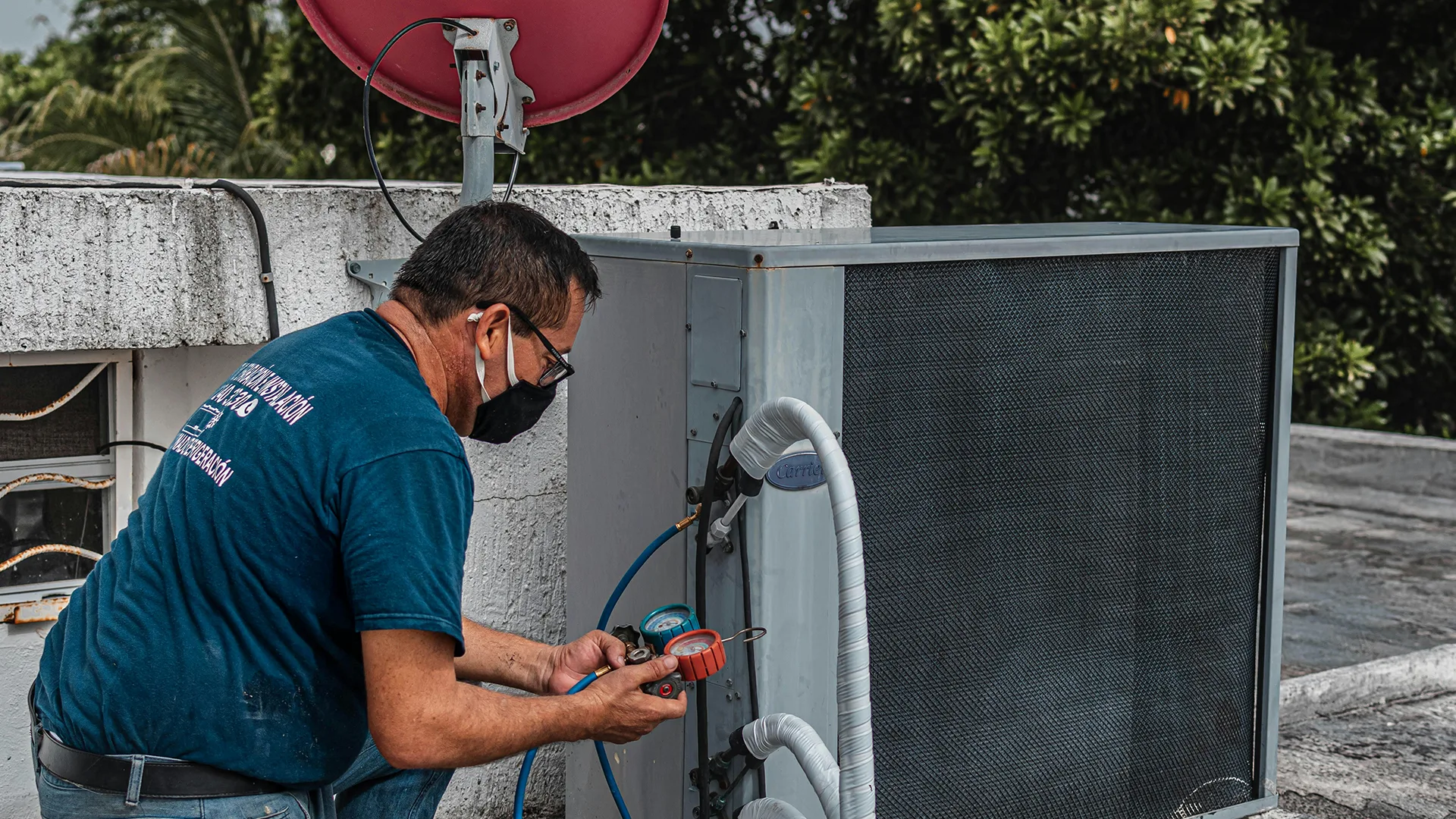
Newsletter Subscribe
Enter your email address below and subscribe to our newsletter

Enter your email address below and subscribe to our newsletter

Fast-track your heating repairs with essential tips. Learn about common issues, regular maintenance, staff training, and smart technology integration.
| Getting your Trinity Audio player ready... |
Businesses rely on functioning heating systems to maintain a comfortable environment for employees and customers alike. When a heating system breaks down, it can lead to loss of productivity and discomfort, making it vital for businesses to act quickly. Understanding basic maintenance tips can save time, money, and a lot of headaches. Here are six critical tips to expedite your heating system repairs.
Understanding the common failures in heating systems is the first step to fixing them quickly. Several issues can lead to malfunctioning heaters, such as thermostat errors, dirty filters, and pilot light problems. Recognizing these common issues allows business owners or facility managers to act rapidly. A thermostat that is not working properly can often be a simple issue of batteries needing replacement.
Regularly checking filters for dirt buildup ensures that systems operate efficiently, avoiding unnecessary strain that can lead to breakdowns. Heating units can develop issues due to a lack of maintenance. If your heating system is acting unusually, advanced issues might arise, indicating that professional diagnosis may be needed.
Staying ahead of heating system issues involves committing to regular maintenance schedules. Periodic inspections by qualified technicians help ensure that heaters are functioning optimally year-round. These inspections often lead to early detection of minor issues before they escalate into costly failures. Businesses should consider scheduling maintenance at the end of the summer to prepare for winter and before the peak heating season starts. A well-maintained system can operate more efficiently, contributing positively to the bottom line.
Many companies will offer service contracts that span the needs of your unit and include routine checks. Being proactive saves time and resources in the long run. In an emergency, knowing who to contact for Kirkland heating repair can speed up response times to rectify major failures. Consistency in maintenance practices leads to higher trust levels between businesses and service providers.
Training employees on basic troubleshooting measures can speed up the repair process. Staff members should understand how to check thermostats, reset circuit breakers, and replace filters. Simple guidelines can empower employees to react efficiently in the event of heating failures. Creating an internal communication line ensures everyone knows who to reach out to for further assistance. A knowledgeable staff reduces downtime, as issues may be resolved rapidly without the need for technician intervention.
Creating an easy-to-follow troubleshooting guide can streamline this learning process. This helps in emergencies and can extend the lifespan of systems through better usage practices. Charts outlining common issues and their respective solutions can serve as quick references for staff members on-site. Investing time in training rewards businesses with smoother operations and less lengthy interruptions.
Integrating smart technology into heating systems can offer efficiency and monitoring advantages. Smart thermostats can result in better temperature regulation while remotely alerting users to potential issues. This technology can track usage patterns and give insights into when maintenance is required. Using automation reduces human error by maintaining preferred settings without manual oversight. In many cases, smart technology can even connect to apps that deliver real-time alerts and diagnostics.
These alerts may inform users about filter changes or system anomalies before they become major issues. Businesses can save valuable time through the rapid detection of significant problems, reducing repair times. Such technology blends modern efficiency with traditional heating practices for a seamless experience. Implementing these advancements offers peace of mind while ensuring a comfortable working environment for everyone involved.
There are times when it’s simply best to call in a professional. Complex systems, like those in larger buildings, may require specialized training to diagnose and repair. Even if an issue seems minor, having a professional evaluate the situation can prevent bigger problems later on. Knowing when to step back and invite expert intervention is critical. Establishing relationships with reliable HVAC companies for quick dispatch can alleviate stress during urgent situations.
Regularly reviewing and updating the company’s list of contacts ensures that assistance is always a call away. Choosing a trustworthy provider may include verifying references and checking for licenses and certifications. Preemptively knowing whom to contact in the case of an emergency is invaluable in promoting swift resolutions.
Keeping records on maintenance schedules and heating issues can help in future diagnostics. Proper documentation permits easy access to past repairs, making it simpler to identify recurring problems. Businesses often overlook this time-consuming step, but accurate records can be enlightening in evaluating the reliability of heating systems. This information often reveals patterns of failure and allows companies to make informed decisions on future repairs or replacements.
Documentation of repairs can support warranty arguments if breakdowns occur frequently. Personnel responsible for managing heating maintenance must prioritize keeping thorough records. Uses such as spreadsheets or specialized software can assist in organizing this invaluable information. A reliable history fosters a better understanding of the effectiveness of heating systems, leading to more informed managerial decisions.

Implementing these comprehensive tips will enable businesses to respond quickly to heating issues. Some problems can be fixed with minor interventions, while others will require the expertise of trained professionals. By understanding common issues, engaging in regular maintenance, educating staff, utilizing smart technology, and keeping detailed records, businesses can ensure a higher level of readiness.